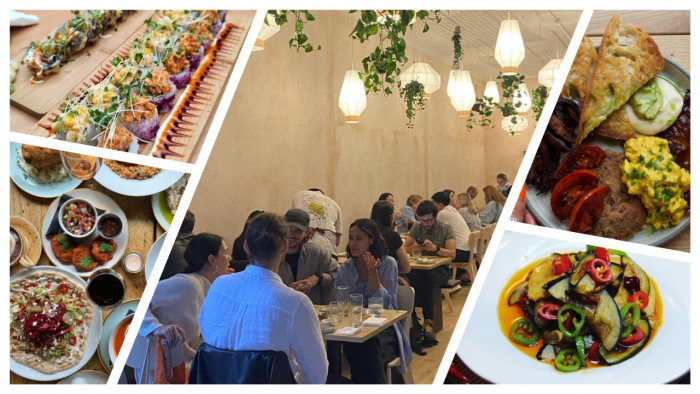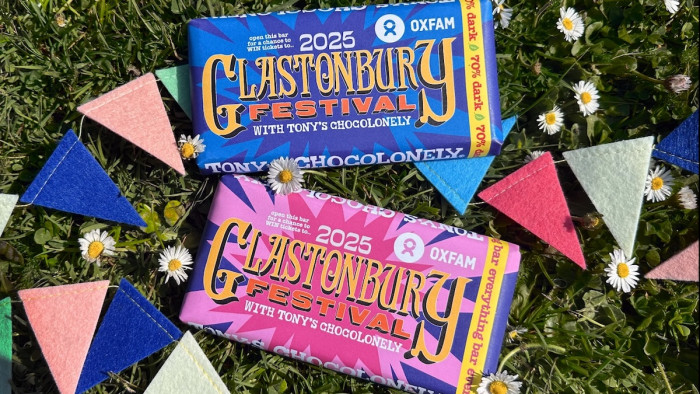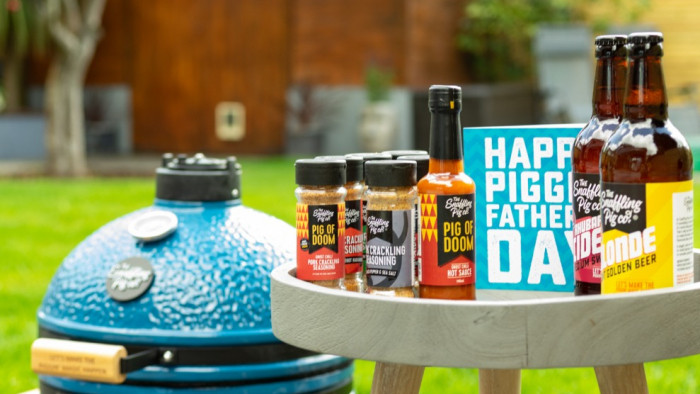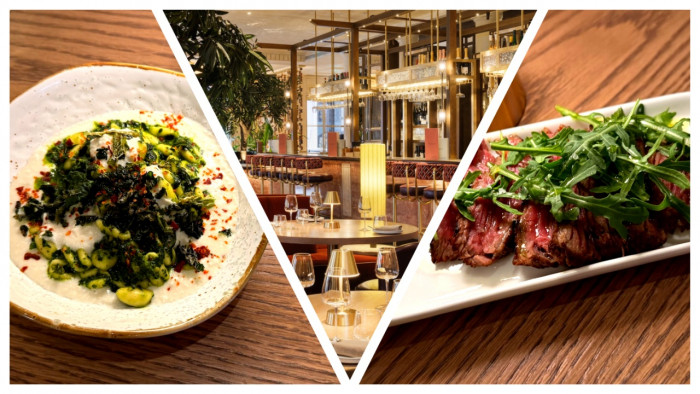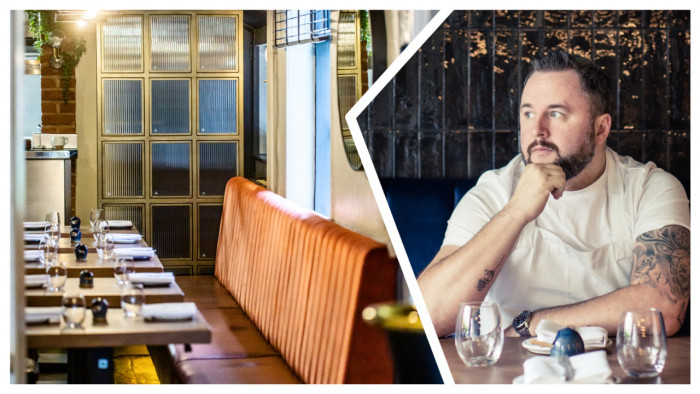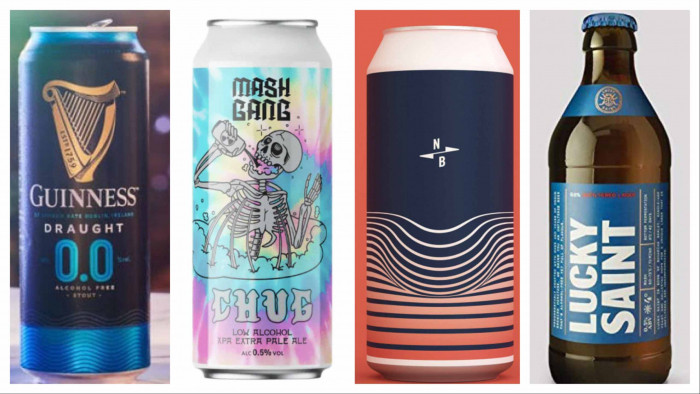Ever felt short of a knowledgeable quip or two when the dinner party conversation turns to cheese and wine? Well, fear not, help is at hand. We spoke to Ben Gubbins, a buyer at Oddbins, to get some useful tips on how to match different cheeses with their perfect wine-based partner.
Cheddar
“The basic rule of thumb when choosing the right wine to complement cheese is the stronger the cheese, the stronger the wine required. So for cheddar, a good oaky Chardonnay or Burgundy works. For stronger, more mature cheddar you want something more full-bodied, like a Rioja, Bordeaux or a new world Cabernet.”
Gorgonzola
“You need a wine that’s fairly strong flavoured and high in acidity for Gorgonzola. That’s because the cheese has a high acidity too. So something like a Chianti or Bordeaux works well here – anything with high acidity basically. A wine low in acidity won’t stand up the cheese and will taste flat.”
Camembert
“The creamy textures here require something full-bodied. For white, an oaky Chardonnay will work again. As will Viognier. Red wines are easier to match – just make sure you choose nothing too light, so stay away from Pinot Noir.”
Stilton
“You need a wine full of body to match the depth of flavour of the cheese. A port works well, but maybe go for a Sauterne. It’s a sweet wine from Bordeaux; complex, intense and full-bodied. The French will often serve it with foie gras as an entrée. It will definitely stand up to the Stilton. If you want a red, make sure it’s robust – maybe a Shiraz.”
Wensleydale
“In terms of flavour we’re talking the middle ground here. So, a full-bodied white – a Burgundy or a white from the Rhone Valley. Most reds will work as Wensleydale is crumbly and doesn’t stick to the palette. Just make sure it’s not too light.”
Pictures: Getty Images, Rex Features
Latest
Related Reviews and Shortlists

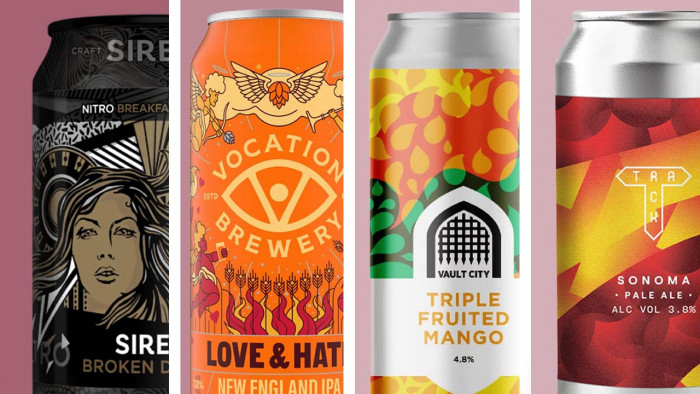
The best craft beers: 17 of the best beers

